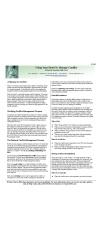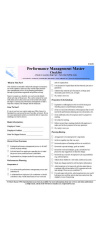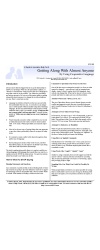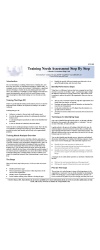Leadership Requires Formal Power and Authority OR Leadership Not Restricted To Formal Position?
When we think about leaders, we almost always think about people who have or had formal positions of power — politicians, corporate executives, sports coaches, etc, probably because it is those people who garner the most publicity.
However, it’s a huge mistake to think that leadership actually requires formal power and authority for it to create positive outcomes. For example, if you look at almost any leader with formal power (let’s say a football coach), what you’ll find is that the successful ones have leadership ability PLUS a formal position, but that among the “followers”, there will be players who are informal leaders without formal position. These informal leaders influence other teammates to perform at high levels and are often essential to the formal leader’s success. You will find the same thing in terms of political figures (let’s say a President), where the invisible team behind him/her contains informal leaders essential to success.
This is important because it points out that one of the roles of formal leaders is to create informal leaders in the organization who will pull in the same direction.
It’s also interesting to note that informal leaders without official power or position can often influence in ways that the official leader is unable to use.
Consider though that there are some things that formal leaders can do (using their authority of formalized power) that informal leaders cannot do. So, a person in a formal leadership position cannot delegate all leadership responsibilities to informal leaders. Power and authority are sometimes essential levers to getting things done in an organization, even if they are not at the core of leadership success.






